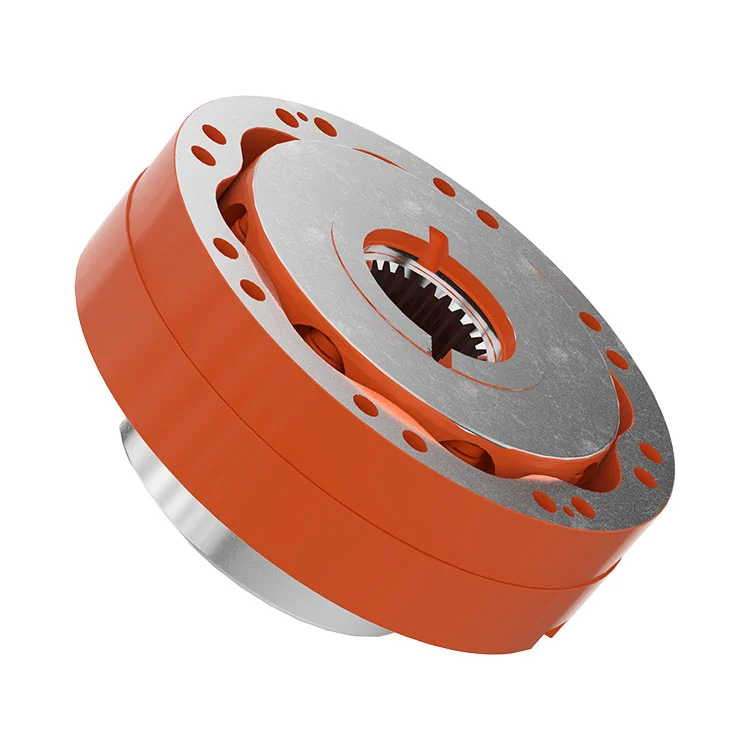Exploring Hydraulic Motors: Functions and Types
2025-01-21
The Role of Hydraulic Motors in Modern Systems
Hydraulic motors are the powerhouse of hydraulic systems. They convert the energy stored in pressurized hydraulic fluid into usable mechanical energy, which is essential for powering a variety of mechanical processes.
How Hydraulic Motors Work
Hydraulic motors are driven by pressurized fluid supplied by a hydraulic pump. The fluid pushes against internal components (gears, vanes, or pistons), generating rotational motion. The resulting torque and speed depend on the fluid’s pressure and flow rate.
Different Types of Hydraulic Motors
Understanding the types of hydraulic motors can help you choose the right one for your needs:
1. Gear Motors: These are simple and durable, consisting of two meshing gears. Gear motors are best for applications requiring low to medium power, such as agricultural equipment.
2. Vane Motors: With a rotor featuring sliding vanes, these motors excel in efficiency and are often used in industrial machinery.
3. Piston Motors: These come in axial and radial designs and are known for their high efficiency and ability to handle high-pressure environments. They’re common in construction and heavy machinery.
Selecting the Right Hydraulic Motor
When choosing a hydraulic motor, consider the following factors:
- Torque Requirements: Ensure the motor can produce the needed force.
- Speed Range: Match the motor’s speed capabilities to your application.
- Operating Pressure: Confirm the motor can handle your hydraulic system’s pressure.
- Environmental Conditions: Consider factors like temperature and exposure to contaminants.
Benefits of Using Hydraulic Motors
- Flexibility: They can deliver precise motion control and handle variable loads.
- Durability: Hydraulic motors are built to withstand tough environments.
- Efficiency: They provide consistent performance over long periods.
Hydraulic motors are indispensable in many industries, offering power, reliability, and efficiency. Whether you're powering a simple conveyor or a complex industrial system, understanding the fundamentals of hydraulic motors ensures you make informed decisions about their use.



